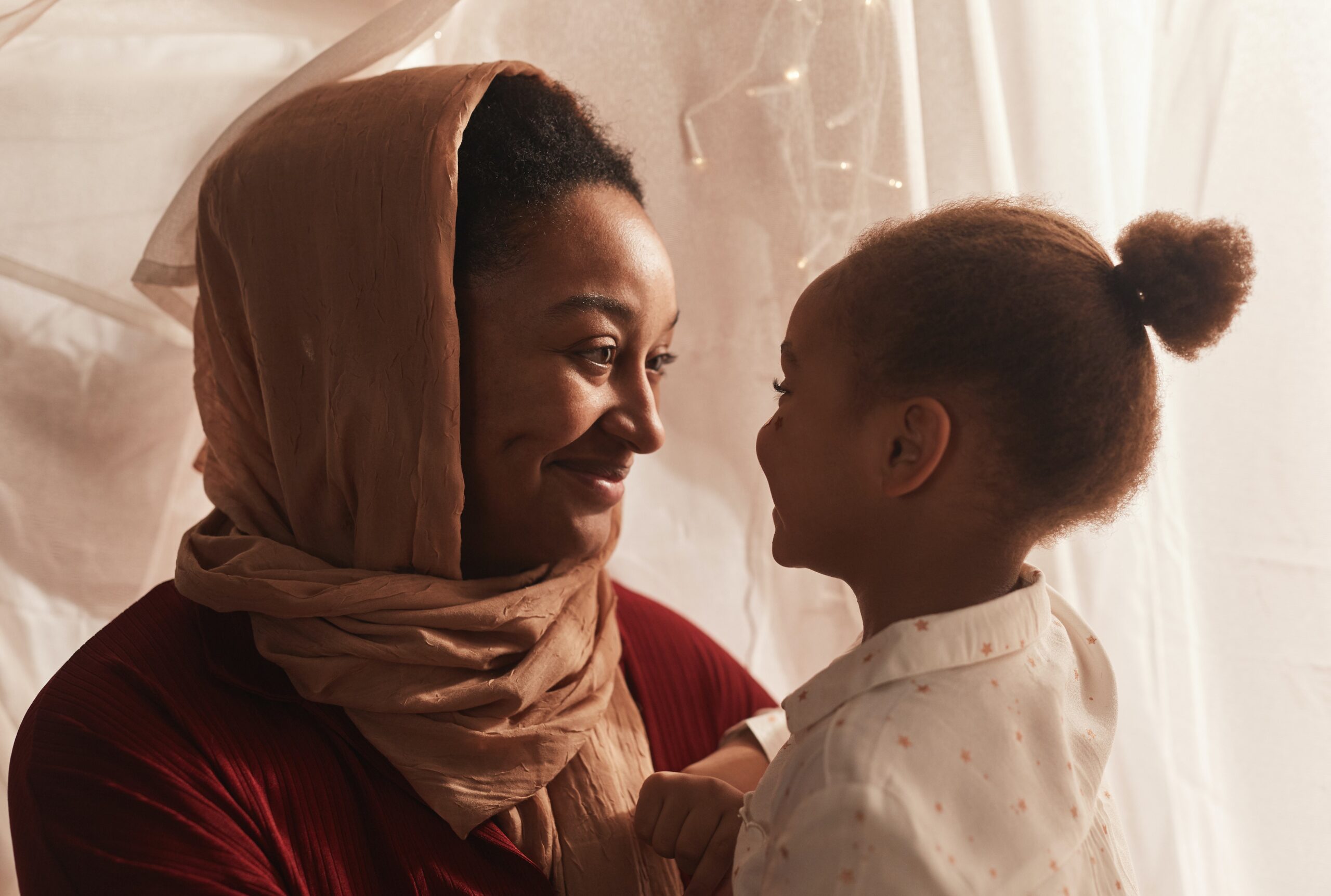
Why make an Islamic will?
Part I : Understanding ownership
“O Abu Hurairah. Learn about the inheritance and teach it, for it is half of knowledge…”
Half of knowledge? You have my attention…
Inheritance can be quite an emotive topic. Why? Perhaps, it’s the nature of the human condition itself. And, the lens through which most of us view Islamic inheritance. But, the importance of drafting an Islamic will, or ‘al-waseeya’, is pivotal to Muslims. As it is reported in Sahih Bukhari, “It is the duty of a Muslim who has anything to bequeath not to let two nights pass without writing a will.”
Me, Myself and I
We live in a world where attitudes and behaviours are centred around the self. The ‘I’. The desire to feed this self is what drives business and culture. Businesses make products that satisfy our instant needs and wants. As a consequence, it’s easy to feel that the world revolves around us.
Think about it. If I’m hungry, I just use my Deliveroo app to order food whilst binge-watch Netflix from the comfort of my sofa. With little or no effort, I get what I want, when I want it. This ego-centricity can only impact the human condition negatively. It’s time we moved away from the self and started thinking beyond just us. What can we do for what’s yet to come? Waseeya is here to help you plan for just that.
What does this mean?
It’s becoming more and more common for the rights of the individual to supersede the wants of the group. Such focus on the self alone, simply erodes our social fabric. It leaves us not knowing when to move with the community towards a common goal.
Islam, on the other hand, favours the communal over the individual’s rights. Inheritance in Islam is premised on kinship, relationships and community. This is reflected in the distribution of wealth on one’s passing. Allocation is based on blood ties, protection and obligations:
{And be mindful of Allah…and honour family ties.}
Need to find out more? Guidance can be found throughout Surah al-Nisa and other Quranic verses. There are also multiple real life examples for us to follow in the hadiths of the Prophet (s) and his successors. From the rulings of Umar Ibn Al-Khattab on survivorship, to the distribution of wealth to a grandmother by the Prophet himself (s).
If you are ready to work out how you can provide for others in the event of your passing, our Islamic inheritance calculator can help you. It takes into account all the rules stipulated in the Quran and Sunnah for you, and even provides options for all the madhabs. Click here to calculate how you can Islamically and effectively distribute your estate.
Human purpose
It is important to put our deen and our lives into context when thinking about inheritance. So, let’s go back to the basics. What does Islam mean? Submission to God. What is a Muslim? The one who submits to God. Our deen is based around submitting our ‘free will’ to the Lord of the worlds, accepting that Allah is our Creator, and that His divine guidance is the best of guidance.
Allah says, {I did not create Jinn and mankind except to worship me.} So, how do we worship our Lord? By being obedient to Him and His guidance. Allah explains our purpose and His plan for us in Surah Al-Baqara:
{And when your Lord said to the angels, I am going to place in the earth a khalif…}
But, what exactly does the word khalif mean here? There are many iterations, the main ones being:
- A successor – for example, a new headmaster who takes on the responsibilities from an outgoing headmaster.
- A steward – someone who is given a responsibility by someone else. Just as humans have been tasked with responsibly managing the earth.
- Freedom to choose – a khalifa ultimately has free will to choose how to lead, based on the guidance afforded to him.
Do we actually own anything?
Once we have this understanding of our roles as successors to Allah’s command here, we then have to consider what we truly own, before we can distribute it. We think we own our car, our house, our clothes; but the reality is, we cannot take these with us when we pass. In fact, we are so beyond the scope of ownership that we do not even own our physical bodies. Even the body will testify against us on the Day of Judgement.
{On this day, We will seal their mouths, and their hands will speak to Us, and their feet will testify to us about what they used to commit.}
Scholars say life is just but a number of breaths. The only things we can take with us are our good deeds and legacies. Isn’t it time you prepared yours?
Waseeya will help you to plan your estate and write your legacy according to the Quran and Sunnah. With secure, online vaults ready to collate your important documents in one place, and all of the main madhabs catered for in our inheritance planning, it’s time you took advantage of Waseeya’s services. Why not download the app and start writing your own legacy today?
